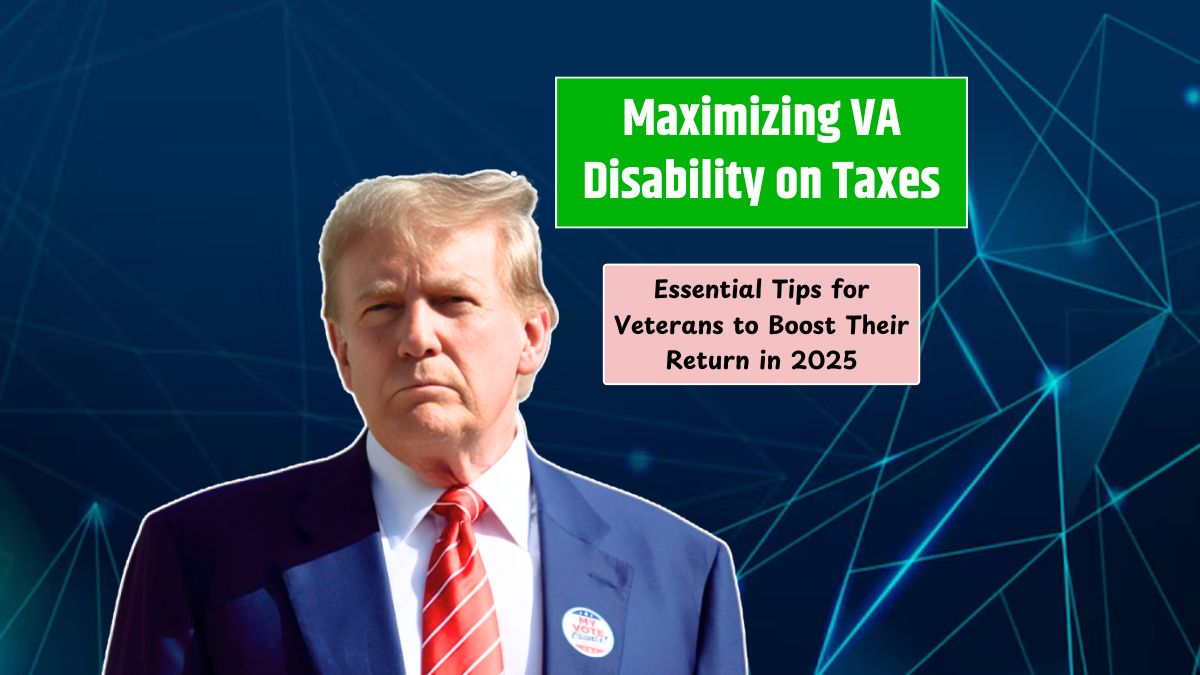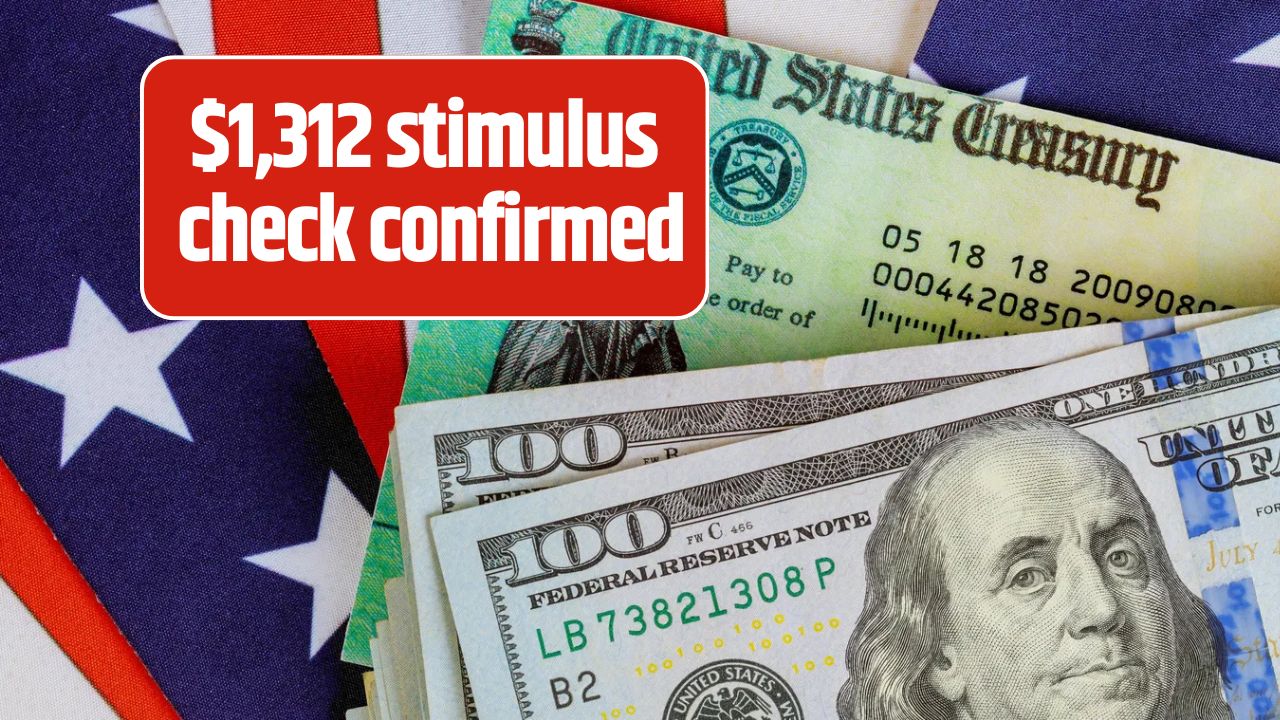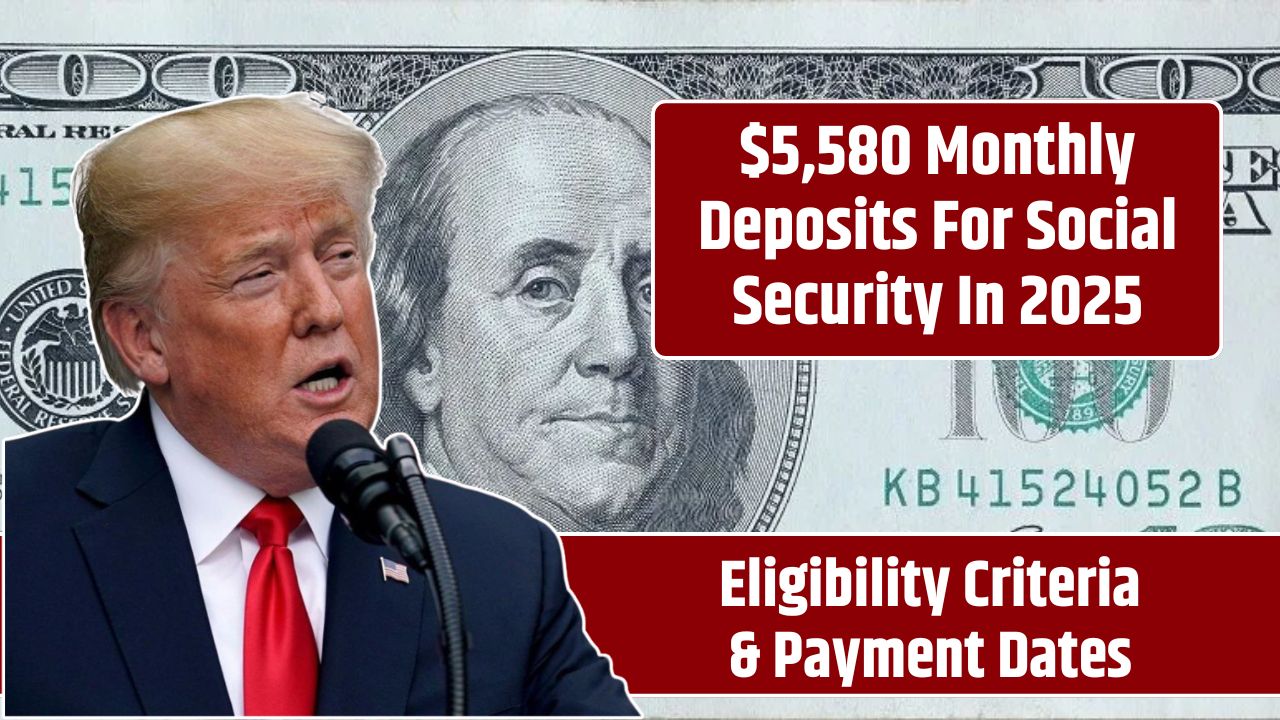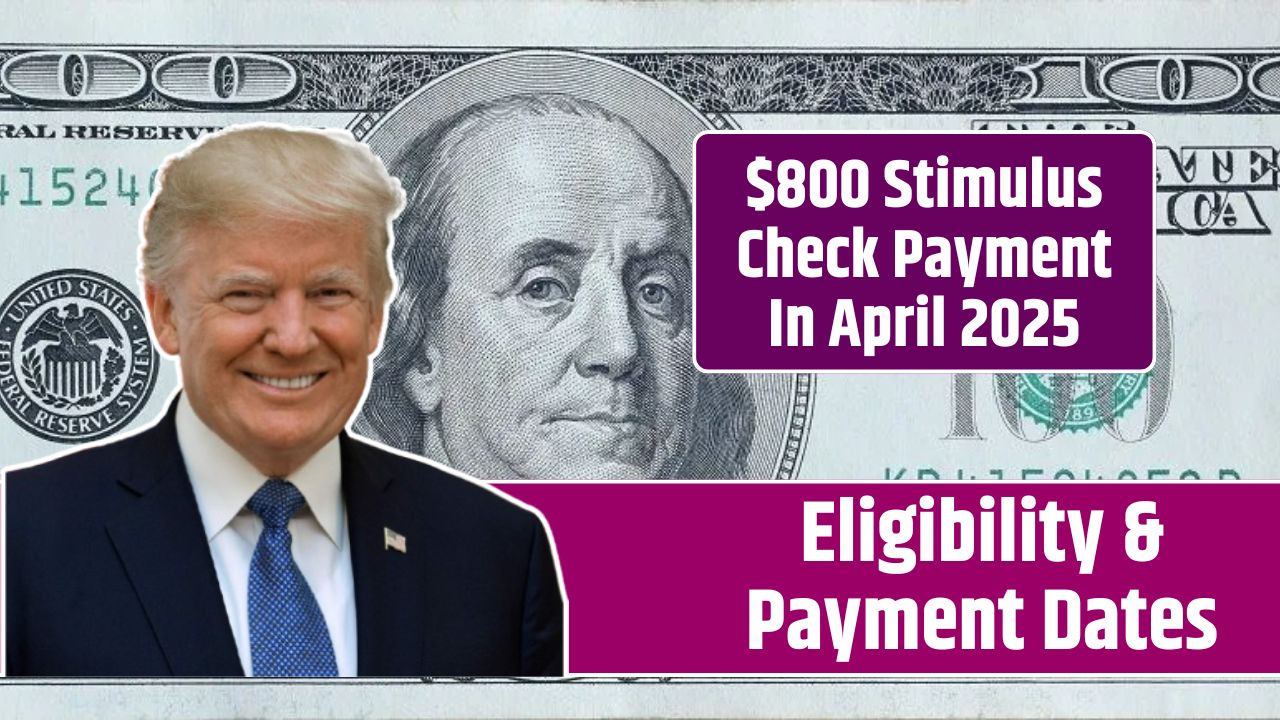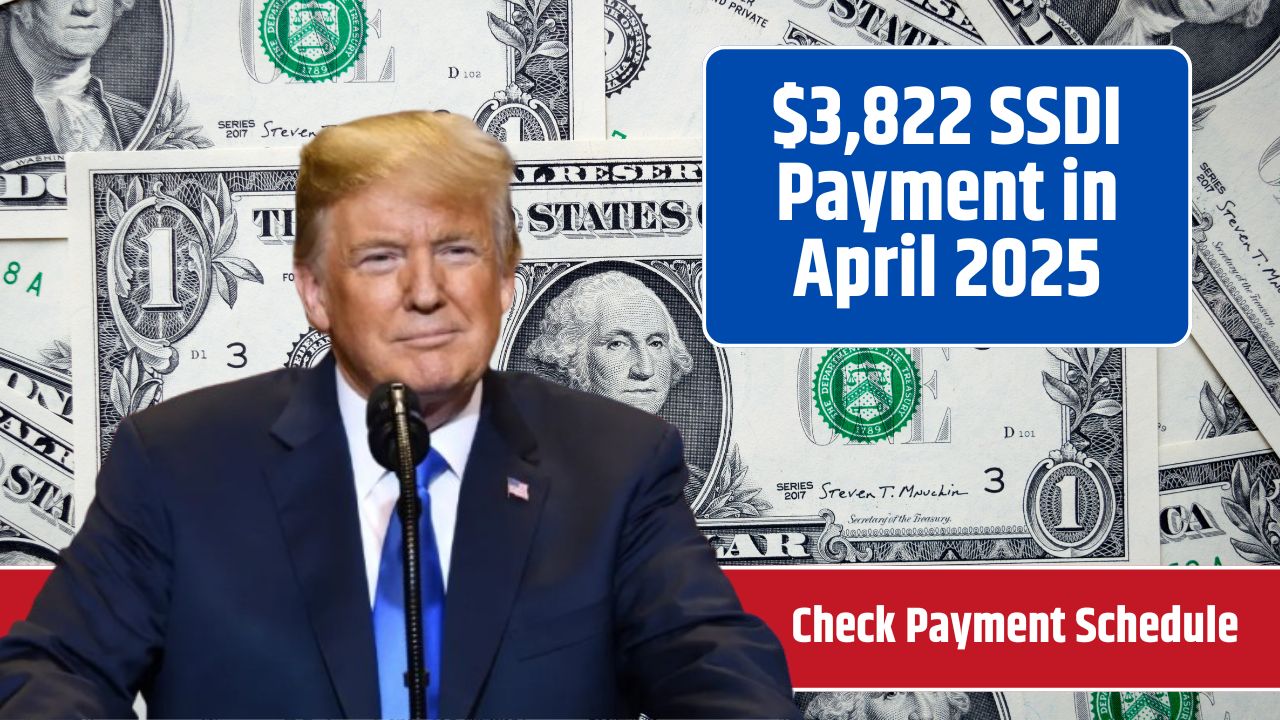As tax season rolls around, many Veterans might think filing has gotten easier since leaving active duty. But if you’re receiving VA benefits or retired military pay, there’s more to consider—and knowing how it all works could help you save serious money or even unlock refunds you didn’t know you were eligible for.
Benefits
Here’s the good news: most VA disability benefits are completely tax-free. That includes:
- Disability compensation
- VA pensions
- Grants for home or vehicle adaptations
- G.I. Bill and other education benefits
- Dependency and Indemnity Compensation (DIC) for survivors
Because these payments aren’t considered part of your gross income, you don’t need to report them on your federal tax return. That alone can lower your taxable income and reduce what you owe.
Refunds
If your disability rating increased or you were awarded Combat-Related Special Compensation (CRSC), you might be owed a tax refund for previous years. But you’ll have to go back and amend your return for the specific tax year that change took effect.
Pro tip: Don’t skip this step—it’s money that’s legally yours, and many Veterans leave it behind just because they didn’t know they could claim it.
States
Your savings don’t stop at the federal level. Many states offer property tax exemptions to disabled Veterans based on their rating. Some states also exclude military retirement pay from state income tax entirely.
Check with your state’s Department of Revenue or a local tax advisor to see what perks apply where you live. These rules change often, so it’s worth checking every year.
Free
Tax help doesn’t have to cost a dime. Veterans with low or moderate incomes, or those aged 60 and over, can use:
- AARP Foundation Tax-Aide
- IRS Free File (available on IRS.gov)
- MilTax from Military OneSource (free for one year after service)
These programs offer full-service help for both federal and state returns—and many include e-filing and real-time support.
Safety
Scammers love tax season, and unfortunately, Veterans are frequent targets. Watch out for unsolicited calls, emails, or texts asking for your Social Security number or banking info. The IRS will never ask for that info over the phone.
To stay safe, consider applying for an Identity Protection PIN (IP PIN) from the IRS. It’s a 6-digit code that adds an extra layer of security when filing.
Summary
Taxes don’t have to be overwhelming, especially when you’ve got so many options available. Whether you’re dealing with VA benefits, military retirement pay, or looking for refund opportunities, knowing what to look for can help you avoid mistakes and get the most from your return.
And remember, there are trusted, free resources to guide you. So take the time to file smart—and don’t let any of your benefits go to waste.
FAQs
Are VA disability benefits taxable?
No, they are completely tax-free at the federal level.
Can Veterans get tax refunds?
Yes, if your disability rating changed, you may qualify.
Is military retirement pay taxed?
Some states exclude it; check with your local tax office.
What’s the IRS Identity Protection PIN?
It’s a 6-digit code that protects your Social Security number.
Where can Veterans get free tax help?
Use MilTax, AARP Tax-Aide, or IRS Free File services.

